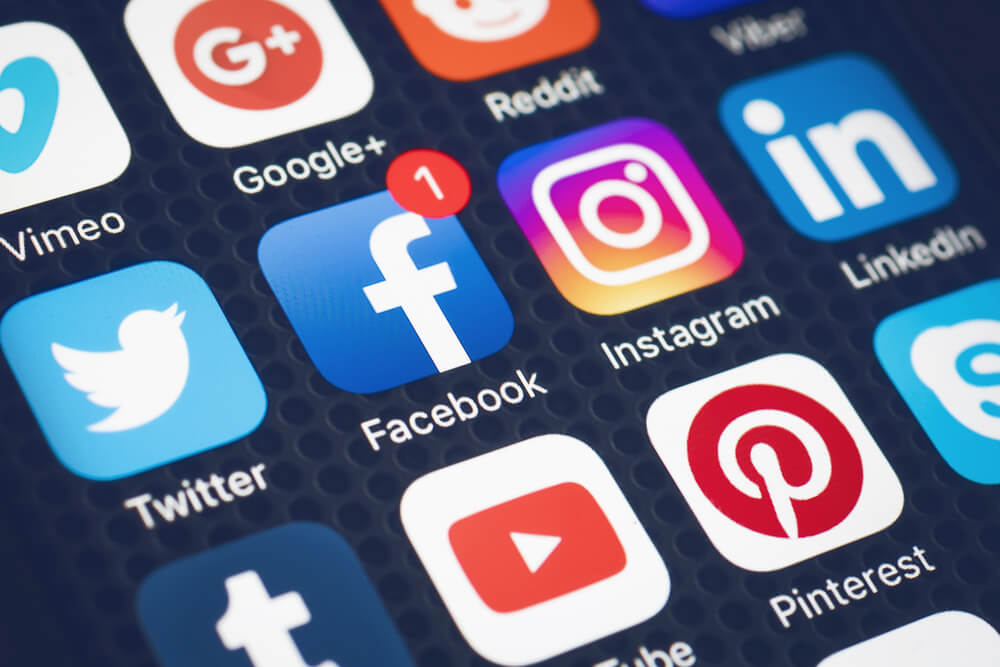New Studies Reveal Correlation Between Mental Health and Social Media Use

The results from one of the studies indicated that girls spend more time on social media platforms than boys and were more prone to showing signs of depression and anxiety. Researchers also discovered certain factors such as sleep deprivation and cyberbullying can cause social media use to impact mental health. If you are affected by cyberbullying or online abuse, follow the links throughout this article to our various support services.
A number of recent studies have revealed that young people, especially girls, are at risk of developing mental health problems such as depression and low self-esteem the more they use social media and are exposed to cyberbullying. One particular study carried out by University College London (UCL), interviewed over 10,000 14-year-olds who are participating in the wider U.K. Millennium Cohort Study – which is looking at how social media use affects the mental wellbeing of young people.
The results showed that girls spend more time on social media than boys and were more prone to showing signs of depression and anxiety. Researchers also discovered certain factors that can cause social media to impact mental health, such as sleep deprivation and cyberbullying. Findings also included that 20 percent of boys spent over five hours on social media daily compared to 40 percent of girls, and that 10 percent of boys abstained completely from social media compared to only 4 percent of girls.
A separate study carried out by the University of Pennsylvania used two groups to identify levels of depression and anxiety. One group was restricted to only 30 mins of social media use per day, the other given regular access. After three weeks, results showed that the time-restricted group experienced a significant reduction in levels of anxiety, depression, loneliness and FOMO, or ‘fear of missing out’. The researchers found that both groups experienced a reduction in FOMO and anxiety at the end of the study, which they suggested could be a resulting benefit of increased self-monitoring.
“These studies underline the importance of finding a healthy balance between our online and offline lives. We encourage parents to have open conversations with their children about what this means and also how they can support their children to give them the best chance of a positive digital future.”
Dan Raisbeck, Co-Founder, The Cybersmile Foundation
These studies give valuable insights into online behavior and highlight the impact that social media use and cyberbullying type behaviors can have on Internet users who do not manage their online time effectively. Over-investing in online “social comparisons”, whether “upward” or “downward”, researchers concluded, was a common contributing factor to depression and anxiety, especially in young women and girls.
If you are worried about you or your child’s social media use or need help with any type of online negativity, we can help. Visit our Cyberbullying and Online Abuse Help Center or learn how we can help you through our Total Access Support. For more information about Cybersmile and the work we do, please explore the following suggestions:
- Who Are Cybersmile?
- People We’ve Helped
- What We Do
- The Cybersmile Conversation (Allow a few seconds to load, but worth the wait!)
- Global Support Service
- Cybersmile Campaigns
- Understanding Body Image And Social Media
- Cybersmile And Rimmel Announce Long Term Partnership
- Stop Cyberbullying Day 2018 Highlights
- Cybersmile Wins Gold At Cannes Lions 2018 For Body Positivity Campaign
- New Law Passed In Michigan Makes Cyberbullying A Criminal Offence
- Cybersmile Newsroom
- Corporate Partnership Program
- Become A Cybersmile Sustainer
What are your thoughts about the findings of these studies? Let us know by contacting us or tweet us @CybersmileHQ.

